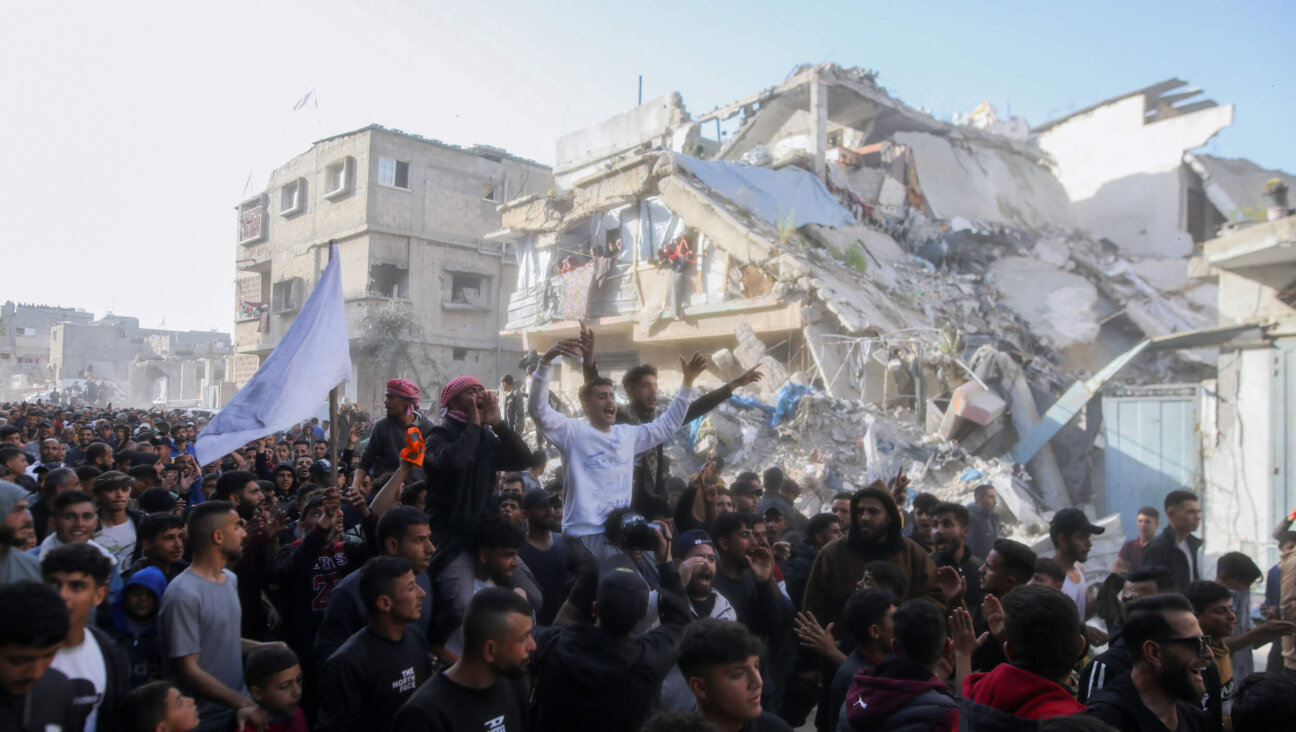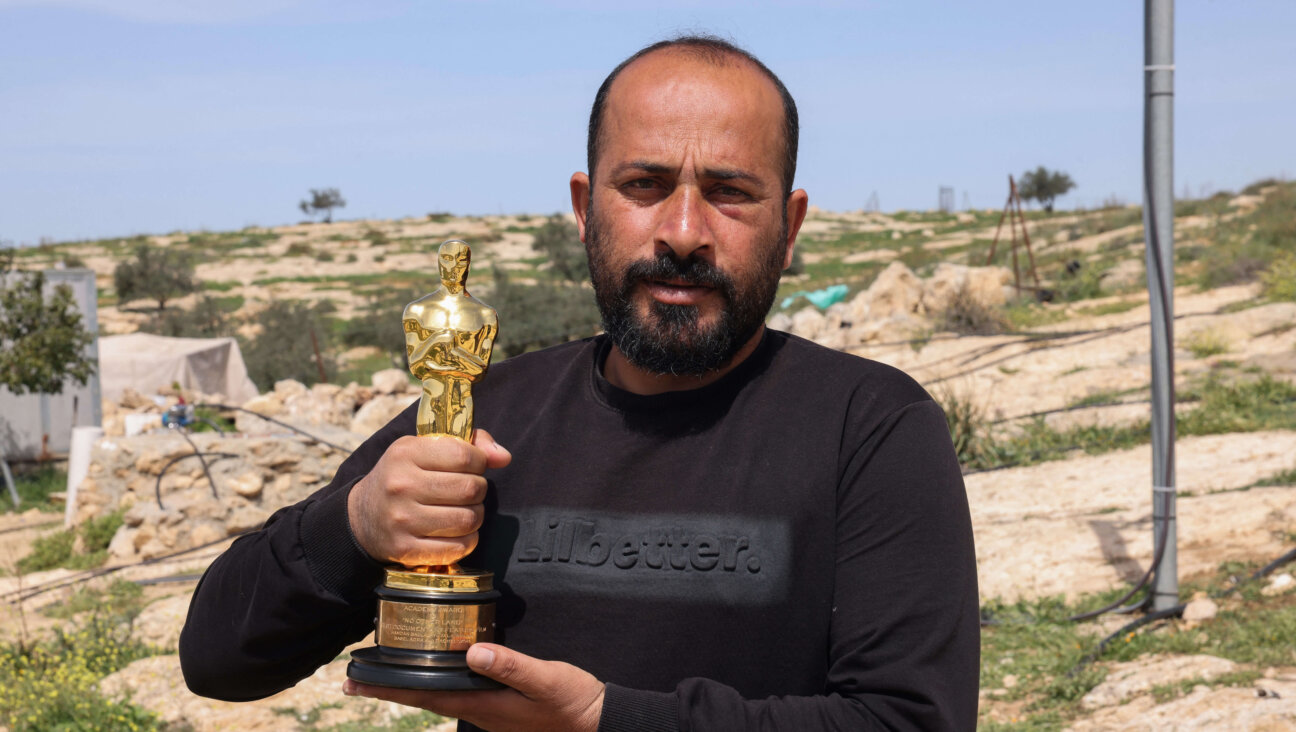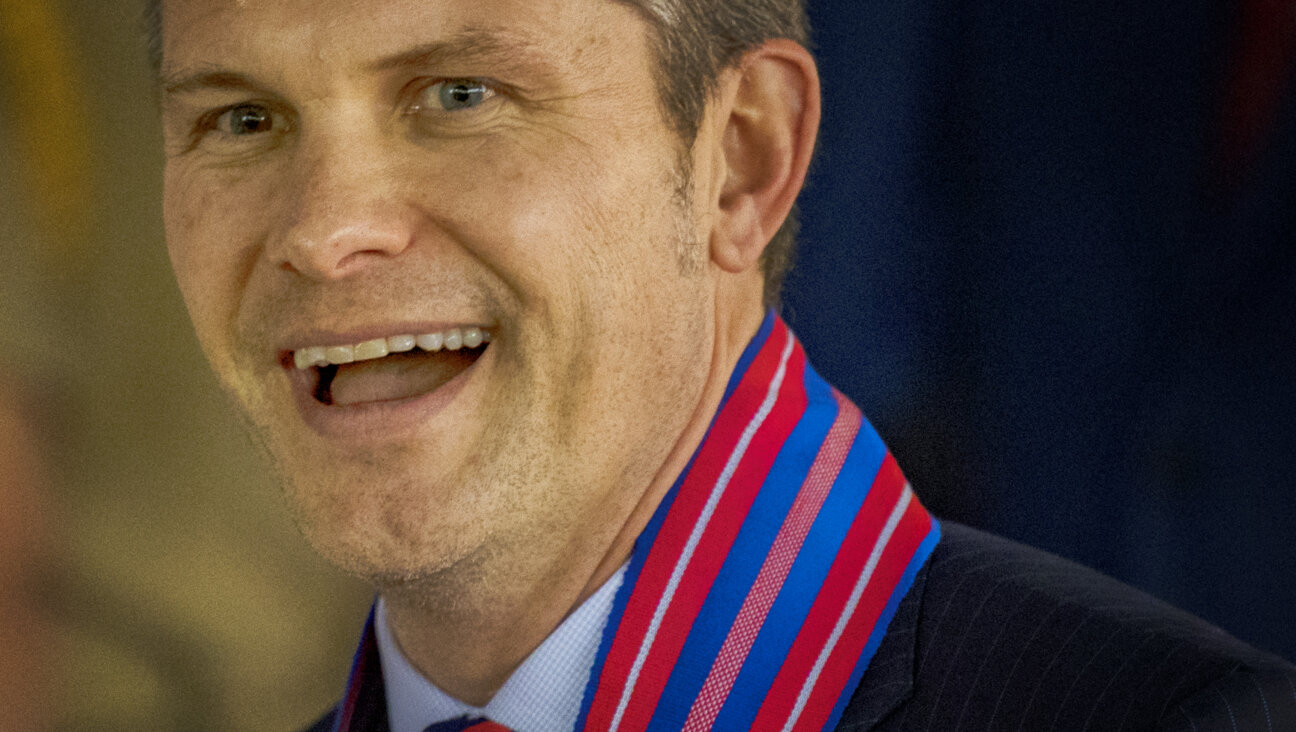We Believe We Can Make A Difference

The Power of Talk: Members of the dialogue group. Image by Courtesy of Letty Cottin Pogrebin
I have devoted most of my adult life to working as a diplomat on behalf of Palestinian rights, foremost their right to live as a free
and dignified people in their homeland in peace and security, side by side with all their neighbors, including Israelis. Despite many setbacks on the long road to freedom, I have done this work with energy and conviction, taking on both friend and foe in defense of the two-state solution, the necessity for compromise and the possibility of peaceful coexistence. My efforts have been grounded in my understanding of the historic injustices suffered by both peoples and my belief that the fate of both is inseparably intertwined.
Recently, I have begun to seriously question my commitments as I watch the failure of negotiations and the waning influence of Palestinian moderates like myself. Yet despite those depressing realities, I am still hopeful.
The source of this hope? A women’s dialogue group in which I have found compassion, understanding, friendship and a common yearning for peace. This, for me, is an unlikely turn of events. I’m a professional diplomat; I’ve never been involved in grassroots initiatives. I’m also a mother trying to juggle the demands of work and home, so my free time is precious. Moreover, I’m surrounded by nay-saying colleagues and friends who insist: “Nothing you do will make a difference.”
Nonetheless, I decided to give dialogue a try, and once the group was underway, I realized that it is indeed worth my time. It is my first close encounter with “the other side” that has not involved intimidation, humiliation and posturing. (Sadly, those words describe my experiences with Israeli Jews.)
This is not to say that the process has been easy. In the beginning, our disagreements and misunderstandings filled me with tension. Many times, I thought of walking away, an impulse I know was shared by my Palestinian sisters as we collectively questioned the group’s value and viability. It was painful grappling again and again with the same issues, each side trying to convince the other to accept its version of reality, both sides struggling to find common ground. I frequently questioned my sanity for exposing myself to the contentious debates of the United Nations during my workday, then more of the same as our meetings extended late into the evening.
I am proud to say that we did not give in to our impulse to quit and even happier to say that the group has been of real value to me on both personal and professional levels. The Jewish women I’ve come to know have opened my eyes and my heart to the perspective and humanity of “the other side.” When I most despair about the political process — as I do now, with yet another deadlock over the settlements issue — I reflect on our discussions, recalling the rational and just positions voiced by my Jewish sisters, their support for a peaceful solution, our shared concerns and fears.
The Jewish women in our group tell us there are many more like them, Jewish Americans who want peace, who want justice, who want to coexist. I wonder where these people are and why they let their voices be drowned out by the shouts of hardliners and extremists.
I realize that making peace is about solving the core issues — refugees, settlements, Jerusalem, borders, security and water. However, thanks to our group, I have come to understand that making peace is also about seeing ourselves in the eyes of “the other” and accepting that our destiny lies in sharing this small piece of land. Getting to know my Jewish sisters has persuaded me that the people-to-people connection must be pursued at a more expansive level between our communities. Palestinians and Israelis, Arabs and Jews must believe that they can make a difference. We do.
Feda Abdelhady Nasser is the daughter of Palestinian immigrants to the U.S. She is a Counsellor at the Permanent Observer Mission of Palestine to the United Nations.
The Forward is free to read, but it isn’t free to produce

I hope you appreciated this article. Before you go, I’d like to ask you to please support the Forward.
At a time when other newsrooms are closing or cutting back, the Forward has removed its paywall and invested additional resources to report on the ground from Israel and around the U.S. on the impact of the war, rising antisemitism and polarized discourse.
Readers like you make it all possible. We’ve started our Passover Fundraising Drive, and we need 1,800 readers like you to step up to support the Forward by April 21. Members of the Forward board are even matching the first 1,000 gifts, up to $70,000.
This is a great time to support independent Jewish journalism, because every dollar goes twice as far.
— Rachel Fishman Feddersen, Publisher and CEO
2X match on all Passover gifts!
Most Popular
- 1

Film & TV What Gal Gadot has said about the Israeli-Palestinian conflict
- 2

News A Jewish Republican and Muslim Democrat are suddenly in a tight race for a special seat in Congress
- 3

Fast Forward The NCAA men’s Final Four has 3 Jewish coaches
- 4

Culture How two Jewish names — Kohen and Mira — are dividing red and blue states
In Case You Missed It
-
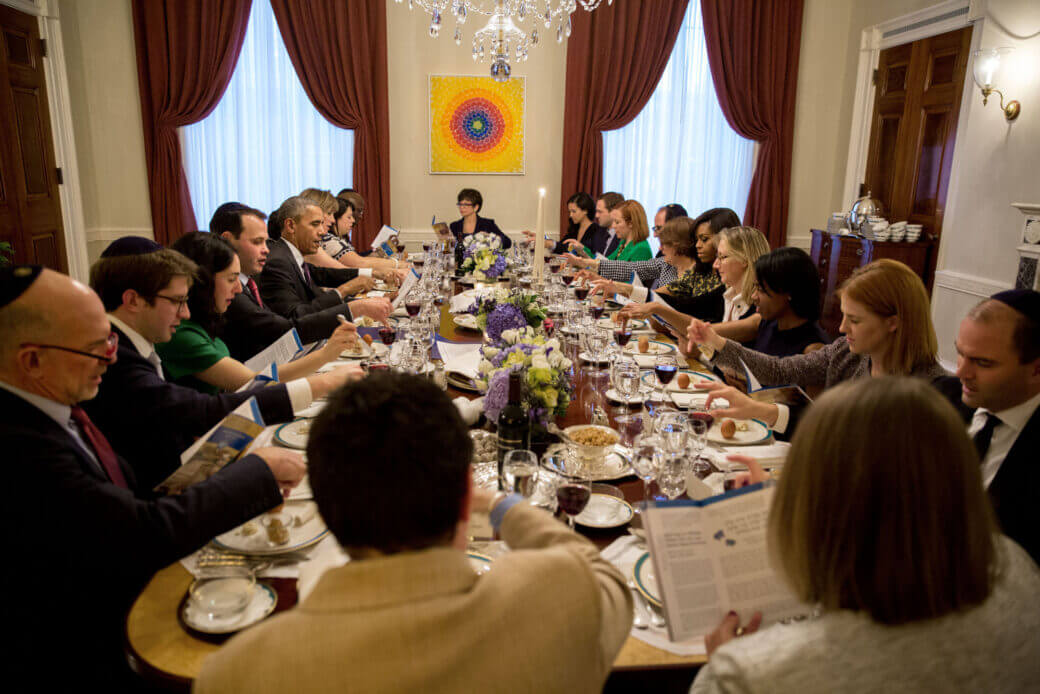
Books The White House Seder started in a Pennsylvania basement. Its legacy lives on.
-

Fast Forward The NCAA men’s Final Four has 3 Jewish coaches
-
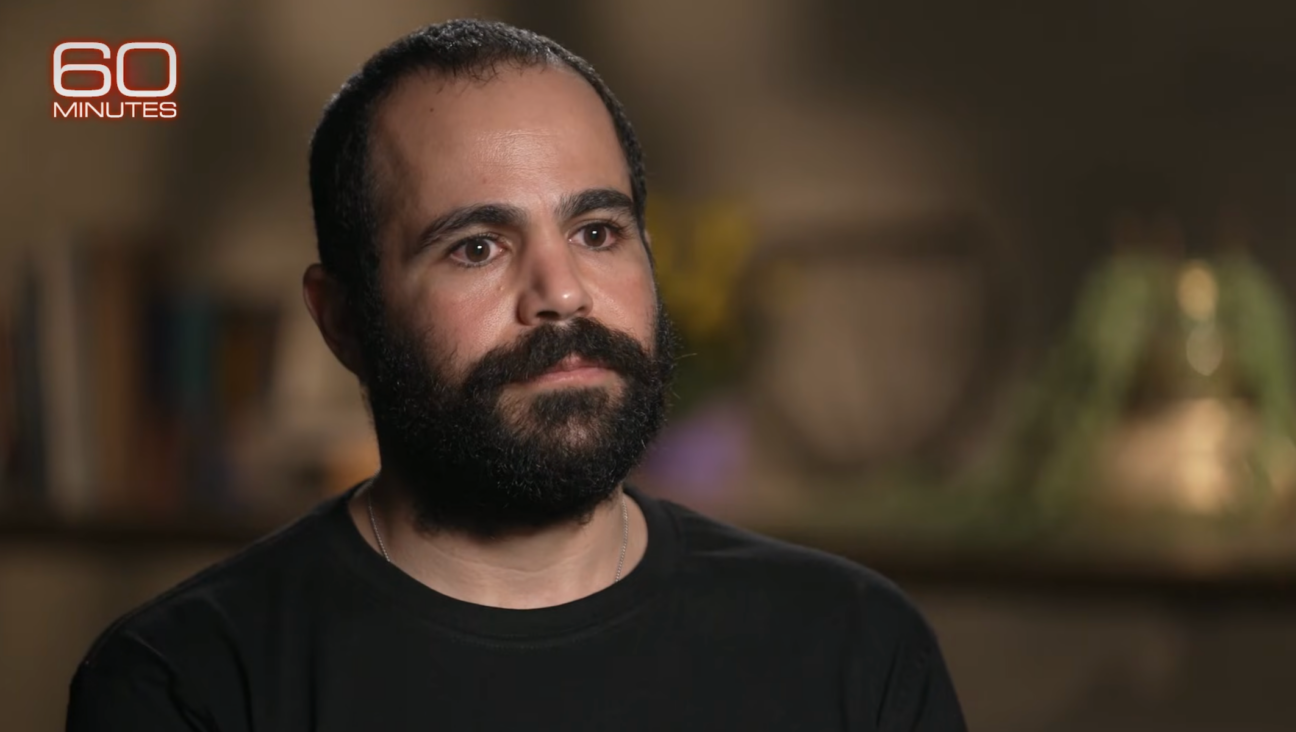
Fast Forward Yarden Bibas says ‘I am here because of Trump’ and pleads with him to stop the Gaza war
-

Fast Forward Trump’s plan to enlist Elon Musk began at Lubavitcher Rebbe’s grave
-
Shop the Forward Store
100% of profits support our journalism
Republish This Story
Please read before republishing
We’re happy to make this story available to republish for free, unless it originated with JTA, Haaretz or another publication (as indicated on the article) and as long as you follow our guidelines.
You must comply with the following:
- Credit the Forward
- Retain our pixel
- Preserve our canonical link in Google search
- Add a noindex tag in Google search
See our full guidelines for more information, and this guide for detail about canonical URLs.
To republish, copy the HTML by clicking on the yellow button to the right; it includes our tracking pixel, all paragraph styles and hyperlinks, the author byline and credit to the Forward. It does not include images; to avoid copyright violations, you must add them manually, following our guidelines. Please email us at [email protected], subject line “republish,” with any questions or to let us know what stories you’re picking up.







